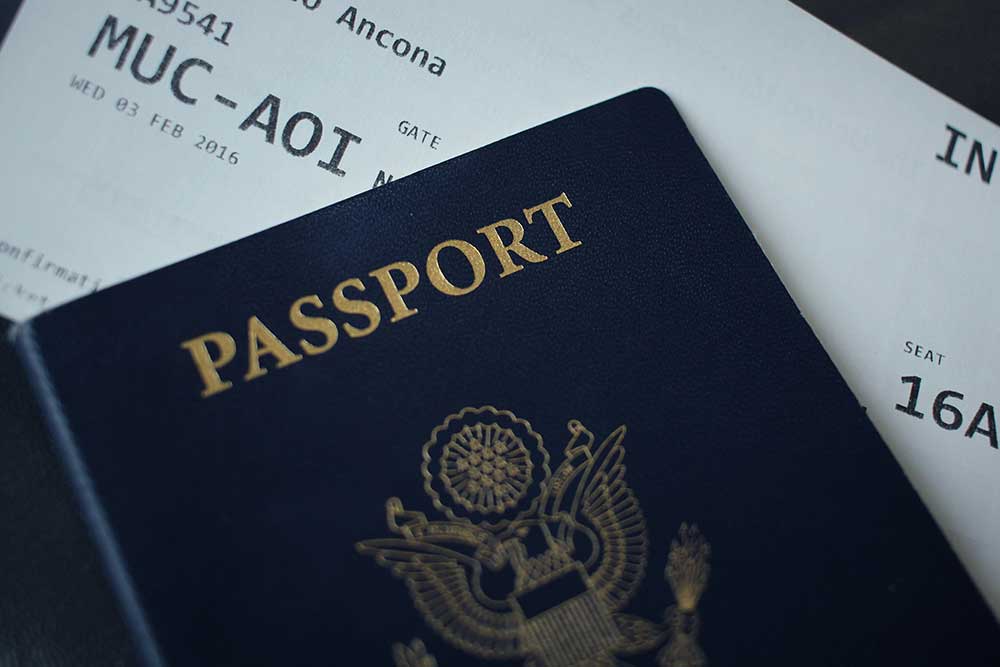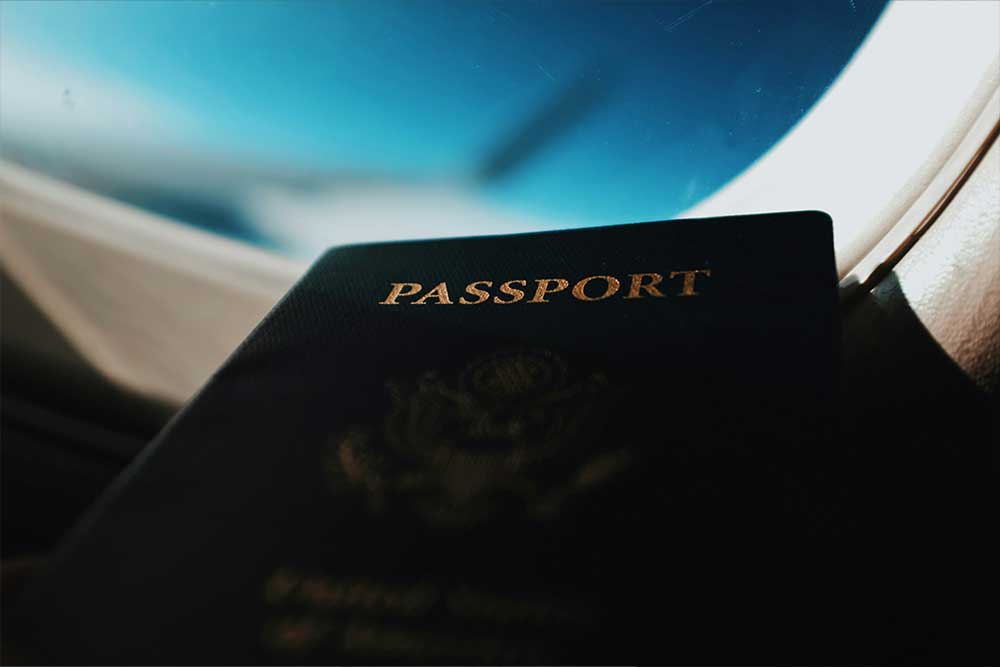Europe is a popular tourist destination for Emiratis because of its proximity and the best part – the Schengen visa. A Schengen visa from Dubai allows the holder to travel to 29 Schengen states with a single stamp on his passport.
Whether you want to visit Europe for business purposes or plan a short trip, you need a Schengen visa from Dubai. Let’s dive into our detailed guide to applying for a Schengen visa from Dubai.
- Understanding the Schengen Visa
- Countries Included in the Schengen Area
- Schengen Visa Types
- Eligibility Criteria for Dubai Residents
- Step-by-Step Process to Apply for a Schengen Visa from Dubai
- FAQs
Understanding the Schengen Visa
The Schengen Visa is a short-term visa that lets people travel within the Schengen Area. This area includes 27 European countries that have removed passport and border controls between them.
The visa makes it easy for travellers to move freely across these countries, whether visiting for tourism, business or other short-term purposes. It benefits those who want to explore multiple European destinations without needing separate visas for each country.
The Schengen visa is valid for 90 days, and the visitor can travel to Schengen countries every 180 days.
You’ll need to apply for it if you are:
- From non-Schengen areas in Europe.
- Citizens of a country that does not have visa exemption agreements with Europe.
There are 62 countries in the world exempted from Schengen visas. A traveller from Dubai, however, needs a Schengen visa to enter the 29 Schengen territories.

Countries Included in the Schengen Area
Schengen is an agreement between 29 member states listed below:
| Austria | Bulgaria | Belgium | Czechia | Croatia |
| Denmark | Estonia | Finland | France | Germany |
| Greece | Hungary | Iceland | Italy | Latvia |
| Liechtenstein | Lithuania | Luxembourg | Malta | Netherlands |
| Norway | Poland | Portugal | Romania | Slovakia |
| Slovenia | Spain | Sweden | Switzerland |
Schengen Visa Types
People can apply for a Schengen visa from Dubai under the three main categories:
1. Uniform Schengen Visas
Under this category, one can apply for a short-stay visa for up to 90 days. The types of visas under this category are:
- Tourist Visa: For tourism purposes.
- Business Visa: For business-related purposes.
- Airport Transit Visa: For Airport transfers in the Schengen area.
2. Limited Territorial Validity Visas
If a person wants to travel only to a specific Schengen country, they can apply for a limited territorial validity (LTV) visa.
3. National Visas
This is a long-stay category of Schengen visas required for education, job, or permanent residency.
Check out our detailed guide to UAE Residency Visas.

Eligibility Criteria for Dubai Residents
Permanent residents of Dubai can apply for a Schengen visa if they meet the following requirements:
- A valid passport with at least three months left until the intended date of return from the Schengen country is required.
- Proof of adequate funds to cover stay.
- An International Travel Insurance to deal with uncertain circumstances during the stay in Schengen state.
- A valid purpose to visit the Schengen country.
Step-by-Step Process to Apply for a Schengen Visa from Dubai
Applying for a Schengen visa from Dubai is a smooth process. Here are the steps to apply for a Schengen visa from Dubai:
Step 1: Select the Visa Category
Schengen visas have three main categories. Choose the category according to the purpose of the visit. For example, an applicant can apply for a tourist or airport transfer visa.
Step 2: Choose the Country
It’s crucial to apply for a Schengen visa for the country you will visit first or for the longest period. Schengen visa from Dubai should be applied 15 days before the travel date.
Step 3: Gather the Necessary Documents
The next step in the visa process is obtaining the necessary documents to avoid rejection. Here is the list of must-have documents:
- Visa Form: A signed Schengen visa application form.
- Passport: The original passport must be valid for at least three months from the intended date of return from the Schengen country. It must be under ten years old and have at least two blank pages.
- Photograph: Two coloured photographs not older than three months and must be 3.5×4.5 cm.
- Residence Visa and Permit: The visa and permit must be valid for at least three months from the intended date of return from the Schengen country.
- Cover Letter: The applicant must highlight the reason for visiting the Schengen country in a cover letter and include the travel dates.
- Proof of Funds: The bank statement from the last three months is proof of adequate funds. In case of sponsorship, the applicant must submit a sponsorship letter with a bank statement of sponsor and self.
- Proof of Civil Status: You must provide a birth certificate for underage children, a marriage licence, or similar documents to prove your civil status.
- International Travel Insurance: Insurance is necessary to cover any uncertain incident during a stay in any Schengen area. The minimum insurance value should be Euros 30,000.
- Flight Tickets: Round-trip tickets must be booked in advance, and proof of travel dates is mandatory.
- Accommodation: Whether you will be staying at a relative’s house or in a hotel, proof of accommodation is mandatory. Proof can be a hotel booking document or a letter from a family member.
- Visa Fee: Proof of paid visa fee is also mandatory.

Step 4: Visa and Service Fees
The next step is to pay the visa fees along with the service charges. Here are the complete details of the Schengen visa fee from Dubai:
| Category | Visa Fee |
| Adults | Approx AED 320 |
| Children (6 to 12 years) | Approx AED 160 |
| Children (Below 12 years) | AED 0 |
| Family members of EU citizens | Approx AED 140 |
| Students and Accompanying Teachers for study-related purposes | AED 0 |
| Non-Profit Organizations’ Representatives travelling for events organised by Non-Profit organisations | AED 0 |
Note: The visa fee is non-refundable even if the Embassy rejects the Visa.
Service Charges
There is a service fee for applying through a Visa Application Centre. The service fees can vary depending on the Centre. Dubai has some top visa application centres, such as VFS Global. Applying for a Schengen Visa from Dubai through VFS Global can cost around AED 84.
Step 5: Schedule a Visa Appointment
After submitting the necessary documents and fees to the consulate, the next step is to schedule an interview with the embassy or consulate. Carry all the documents, go through the necessary steps, such as a biometric scan, and appear for an interview.
Step 6: Wait for Approval from the Embassy
After the interview, the embassy will verify all the documents and details and accept or reject the visa application. The standard processing time for a Schengen visa from Dubai is around 15 working days. However, in some cases, it can go up to 45 working days.
Step 7: Receive Your Visa
Upon approval, the visa applicant will be notified. The applicant will then receive the passport with the Schengen-stamped visa.

FAQs
The applicant must submit a written, signed appeal in person or through mail. The appeal must be submitted within 15 days of visa rejection in Dubai.
No, the consulate does not refund visa fees for unsuccessful visa applications.
Yes, investing in a property or a company makes a person eligible for an investment visa in Dubai.
The process usually takes around 15 calendar days. Apply at least 3-4 weeks before your travel date.
Yes, in urgent cases. Provide proof of urgency, like medical or business reasons.
Contact the consulate or visa centre immediately. Provide the necessary documents to support your urgent travel needs.
Applying for a Schengen visa could not have been this convenient before our detailed guide. Enjoy a smooth visa application process and travel to Europe for your desired purpose.
If you wish to travel to the UK from UAE, check out our complete guide to applying for a UK visa.